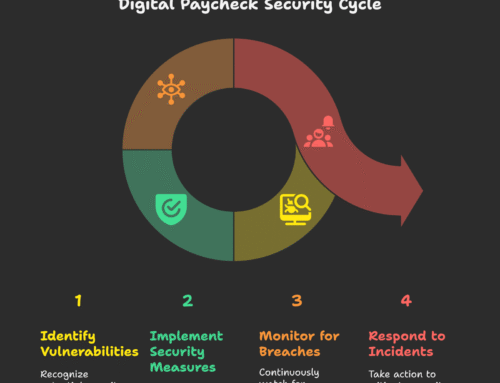How we work is always evolving. Not too long ago, workers weren’t at home eating dinner by 6:30. Instead, they toiled for 12 to 16 hours a day doing backbreaking work and hardly seeing their families. Work-life balance simply didn’t exist before the early 20th century, and it wasn’t until 1938 that the workweek was formally capped at 44 hours per week.
Unfortunately, that standard is unraveling quickly, as people begin to put in more hours as contractors or salaried workers taking on more than 40 hours a week. The digital age is partly to blame for this—we can work from anywhere in the world in many cases, and it can be hard to stop working if you feel any internal or external pressure to work longer hours. The silver lining to this? Flexible work hours are becoming more realistic.
Also read: The Rise and Fall of the 40-Hour Work Week
A large percentage of employers are now choosing to be flexible with scheduling and work-from-home options, which offer benefits to both employers and employees. Considering making some policy changes? If you want to be like all the cool kids in Silicon Valley, you’ll be able to take advantage of these 5 benefits of offering flexible hours.
1. Staying competitive in the search for talent
Ask any successful Chief Operating Officer (COO) of the modern era, offering flexible work options isn’t something that will set your organization apart—it’s something that’s necessary when trying to attract top talent. Because flexibility is the new norm, potential employees may well pass over businesses that aren’t making an effort to keep up with the times. To find the best talent, you need to offer competitive benefits.
2. Accommodating for the modern family
Today, family structures are less rigid than they were 50 years ago. Families with children may have two parents working, creating tension with the traditional 9-5 schedule. Doctor’s appointments, school activities, and other conflicts can be difficult to manage without a flexible work schedule. New parents often do not have adequate parental leave, which can force families to make compromises.
Also read: Does Working More Hours Lead to a Healthier Economy?
Many parents would like the opportunity to work remotely with a new baby in the home to save on daycare costs and reap the benefits of more time with their children and improved health for their families (babies that are breastfed are 50% less likely to die from SIDS from ages 6-23 months). Employers can benefit from accommodating different family schedules by retaining talented employees who have familial obligations.
3. Greater productivity
When you pay people to get the job done, instead of paying them to have them sitting in a chair for eight hours a day, remarkable things happen. Most people are surprised to learn that allowing remote and flexible work hours actually contributes to better productivity. Cisco Systems internal reporting showed that their shift to allowing remote work caused 75% of employees to improve their timeliness, and 69% were more productive. 67% also noted that the overall quality of their work improved. These incredible results are just one example of how giving people more autonomy and more of their time back (no more long commutes!) benefits everyone.
4. Higher worker engagement
If you’re a night owl, how productive and engaged are you going to be at 9 AM on a Monday? Allowing workers to set their own hours or work from home allows them to be productive when they’re feeling most awake and creative. Additionally, having a better work-life balance and the trust that goes along with flexible work arrangement can make people feel better about being at work overall.
Also read: Output Over Hours: How to Think About Remote Workers
Morale and engagement are naturally boosted when employees are given more control over their own schedules, and people are more likely to feel invested in the future of the company when they’re happy with their schedule and work culture. High morale and engagement reduces turnover, improves productivity, and helps companies grow.
5. Better employee health
Physical activity is essential to maintaining health and well-being (especially for people with desk jobs), but many people simply don’t have time to hit the gym after a tough day at work and a frustrating commute. Just 3 hours of exercise every week can extend a person’s lifespan by 5 years, and exercise also helps people stay focused and productive in the office. However, very few office workers are willing to rise at 4 AM to work out before work, and health suffers because of it.
Stress can also lead to burnout and poor health in employees. Offering flexible hours can be a boon to employers and employees alike by lowering stress and resulting in fewer sick days and lower turnover. Remote work options and flexible hours can also cut out a lot of commuting hours, allowing employees to incorporate physical activity into their lives or take a break when they feel burned out. What’s not to like?
Download the eBook and learn how to use neuroscience to attract the right talent, retain high-performing employees and foster collaborative teams.
Image licensed from Depositphotos.com






Flexible working will attract the best talent, improve productivity and provide a positive and balanced work-life balance for their employees.